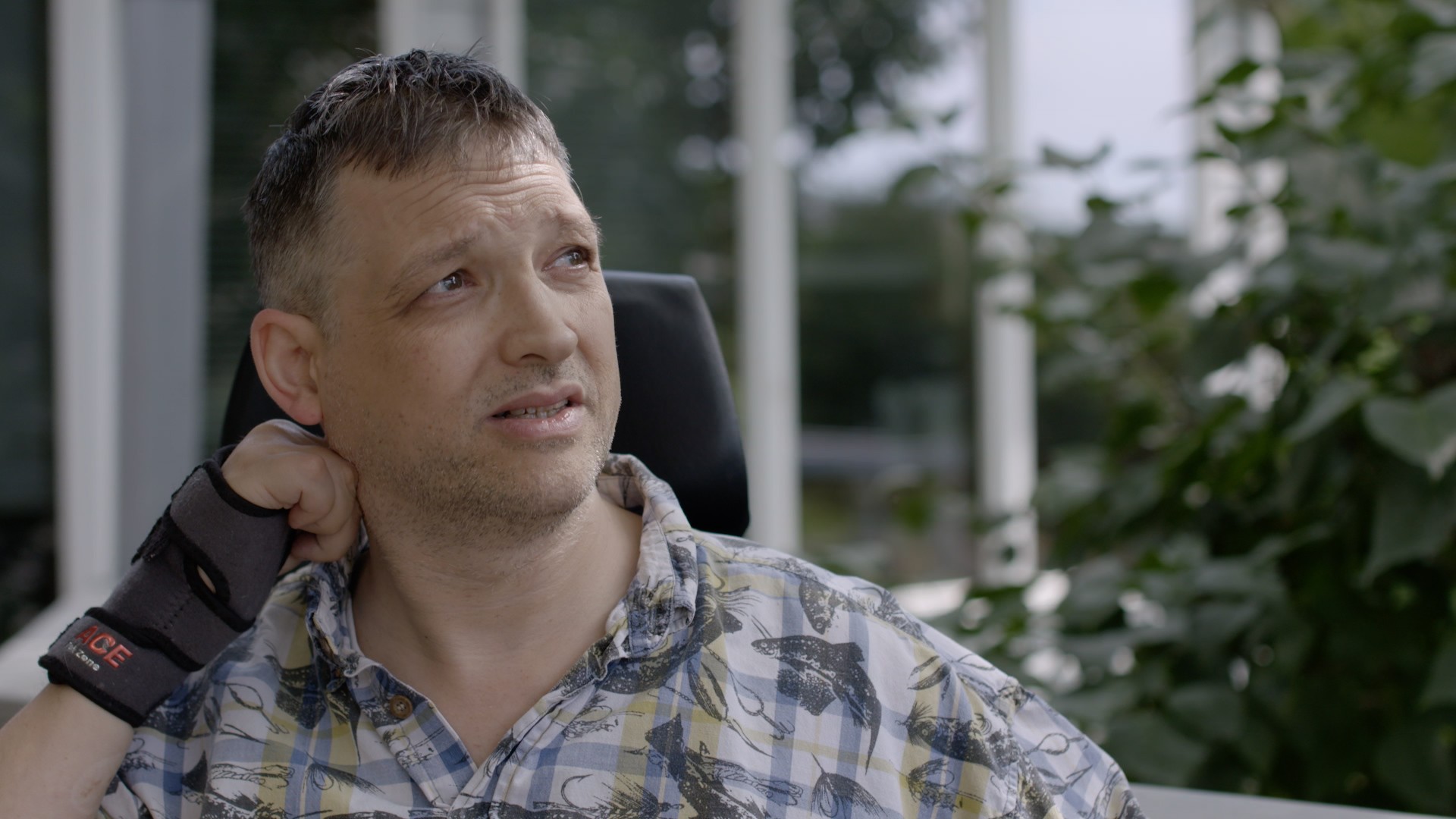Image via Flickr and Af.mil
Following the devastating school shooting at Marjory Stoneman Douglas High School in Parkland, Florida in February that left 17 people dead, the world has watched as the teen survivors have pushed through their pain and trauma to build an incredibly potent movement against gun violence in America.In a few short weeks, Parkland activism propelled Florida, one of the most gun-friendly states in America, to pass a series of toothy gun reforms. In addition to Florida, three states -- Oregon, Rhode Island and Washington -- have changed gun laws since Parkland, and other states are poised to pass reforms. A group of powerful corporations has severed ties with the National Rifle Association, and while Congress recently left for recess without passing any gun laws, the Department of Justice has, at least, proposed a ban on bump stocks.The activism that spurred these changes coalesced with the March For Our Lives, a collection of marches across the world that brought more than 800,000 citizens of all political backgrounds and stripes to the streets. Celebrities, politicians and advocates gave stirring speeches, though none were as stirring as those delivered by the Parkland survivors, who spoke from a place of stingingly sad experience. While some have looked to discredit the survivors as nothing more than naive kids, they have unfortunately experienced the painful trauma of gun violence, and their pleas for change are impossible to ignore.
Check out more videos from VICE:
Two former top military leaders offered support for gun control over Twitter, then three Marine Corps combat veterans penned a powerful op-ed in the Washington Post calling for toothy reforms.“We were trained to run toward the sound of gunfire,” the veterans wrote in the Post. “Now we hear such sounds, familiar to the war zones where we served, in American cities.In movie theaters. In nightclubs. In churches. In workplaces. In schools. Our friends, our coworkers, our fellow citizens, and our children, are being gunned down.”While some veterans have an enjoyable relationship with their firearms that kindles a nostalgia for their service, others use weapons for harm. In early March, a former Army infantryman who served a year in Afghanistan shot up a veterans home in California, killing three workers before taking his own life. According to the Department of Veterans Affairs, approximately 20 veterans commit suicide each day, and two-thirds of all veteran suicides are completed with guns.In response to this pandemic, the Department of Veterans Affairs (VA) has restricted access to guns for its most mentally ill patients.The NRA responded to this VA policy by contending the agency “overdoses on anti-gun prescription.” Last year, when a Congressional proposal from Republicans sought to end the ban on more than 167,000 veterans from keeping or purchasing firearms, a group of 14 military leaders pushed back on the bill, telling lawmakers in a letter that the proposal was “irresponsible, dangerous, and life threatening to those who need access to care, not weapons.”Facing intense pressure from men and women in uniform, the bill passed the House, but got stalled in the Senate. If these veterans effectively partner with the Parkland teens, it may become impossible for lawmakers to ignore action for much longer.Ready to join the fight for stronger gun control policy? Tell our national leaders that you’re fed up with the status quo.
Advertisement
As the teens now demand lawmakers pass meaningful federal firearm reforms, they are being joined by another group familiar with the potential violent power of firearms: military veterans.Shortly after the Parkland shooting, the hashtag #VetsForGunReform began trending in military circles and, before long, veteran voices were bolstering the voices of the Parkland teens. In some instances, veterans publicly renounced their NRA membership after the organization’s response to Parkland."Quite frankly, my generation has made a mess of the country. These kids are the future."
Check out more videos from VICE:

Two former top military leaders offered support for gun control over Twitter, then three Marine Corps combat veterans penned a powerful op-ed in the Washington Post calling for toothy reforms.
Advertisement
A day before before the March For Our Lives, 16 veterans spanning a range of ages, ethnicities and military backgrounds created a powerful short film demanding serious action to limit accessibility to firearms. Then, on marching day, hundreds of veterans showed up at satellite protests across the country to make their voices heard.“We all volunteered to go into harm’s way and fight wars, understanding the dangers,” Kyleanne Hunter, a 40-year-old Marine Corps veteran who served combat tours in Iraq and Afghanistan told BuzzFeed News during a rally in Los Angeles. “These kids just went to school.”
At the main march, in Washington, Navy veteran Richard Roberson recalled to Stars & Stripes the damage he witnessed on the human body from bullets."If you're 20 years old, and you're on a Navy hospital ship in Vietnam, it stays with you forever when you see what assault rifles do," Roberson recalled. "Quite frankly, my generation has made a mess of the country. These kids are the future."For years, surveys and polls have demonstrated that an overwhelming majority of veterans support serious changes to federal gun regulations. And in recent years, these former soldiers have begun banding together to make their voices heard on the issue.
Advertisement
For years, surveys and polls have demonstrated that an overwhelming majority of veterans support serious changes to federal gun regulations. And in recent years, these former soldiers have begun banding together to make their voices heard on the issue.In 2016, Navy combat veteran and retired NASA astronaut Capt. Mark Kelly founded the Veterans Coalition for Common Sense, an advocacy group stacked with top military brass, including former U.S. Army Gen. David Petraeus (Kelly’s wife, former U.S. Rep. Gabby Giffords, D-Az., was a victim of gun violence in 2011.) Other similar groups exist to fight for gun control, including Gun Owners For Responsible Ownership and Veterans For Peace.These groups raise money, organize events, and lobby state and federal lawmakers for changes to gun violence.Like the Parkland teens, veterans deliver their points with a particularly searing power. Many veterans have fraught, deeply complex relationships with guns, and many veterans have written powerfully on these topics, including Adam Weinstein in Gawker, C.J. Chivers in the New York Times, and Charlotte Clymer on NBC News.
Last year, when a Congressional proposal from Republicans sought to end the ban on more than 167,000 veterans from keeping or purchasing firearms, a group of 14 military leaders pushed back on the bill, telling lawmakers in a letter that the proposal was “irresponsible, dangerous, and life threatening to those who need access to care, not weapons.”
Advertisement
